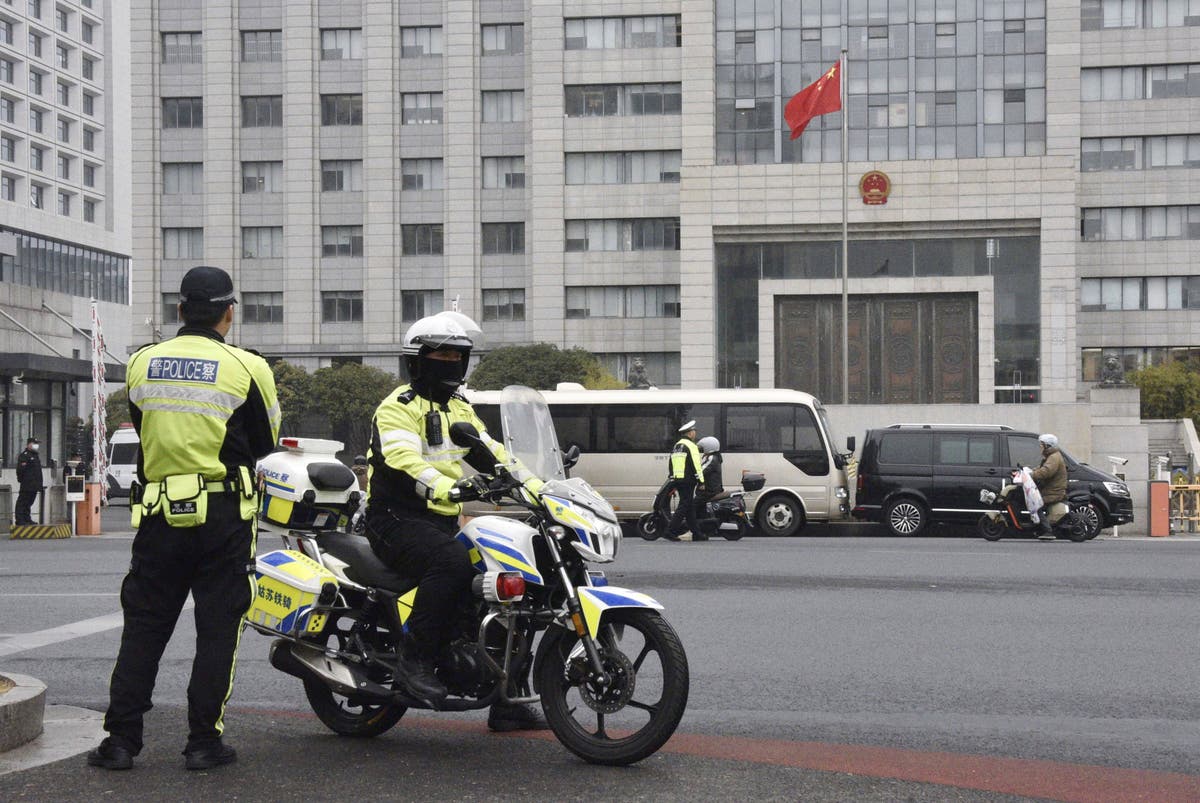China: Man Sentenced to Death for Murder of Japanese Boy

The Facts
A Chinese court on Friday sentenced Zhong Changchun, 45, to death for fatally stabbing a 10-year-old Japanese boy in Shenzhen last September.
The boy was stabbed on his way to school and died the following day. Chinese authorities formally arrested Changchun on Nov. 30 on suspicion of murder.
The knife-wielding Changchun allegedly attacked the boy to "draw online attention" through the assault, which occurred on the anniversary of a Japanese bombing of a railroad track that began the 1931 "Manchurian Incident" and the start of Japan's invasion of northeast China.
The Spin
Anti-China narrative
The attacks signify serious security concerns for Japanese citizens in China, requiring immediate action to protect expatriate communities. The timing of the Shenzhen attack on a historically sensitive date raises questions about potential simmering anti-Japanese sentiment, while the lack of clear motives from Chinese authorities adds to these concerns.
Pro-China narrative
These incidents are accidental and isolated criminal cases without political motivation, and China remains one of the safest countries in the world. Swift judicial action and death sentences demonstrate China's commitment to protecting all residents, including foreign nationals while upstanding Chinese citizens who intervene to try to stop these horrific crimes show the strong bonds between Chinese and Japanese culture.




